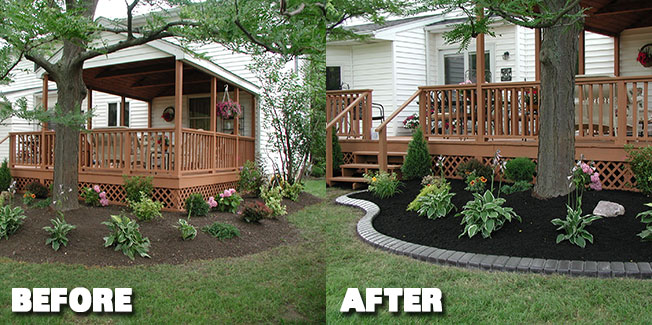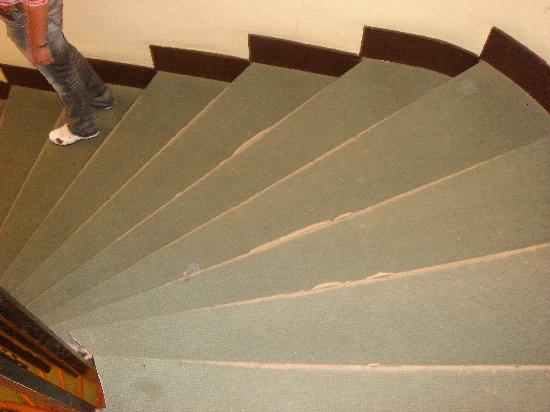Posts Tagged “Halifax Senior Living”

Whether you plan on selling your home this spring or just want to clean it up, paring down your possessions is a freeing experience. With unused things removed, you can accommodate the grandchildren coming to visit. The Easy Decisions You may look around your home and quickly see the importance of getting rid of furniture…

When you list your home for sale, don’t overlook the importance of your exterior landscaping as a tool for increasing the volume of potential buyers and selling your home more quickly. In real estate, while you can’t always “tell a book by its cover,” having a home with curb appeal is more likely to get…

When you sell your home, expect that potential buyers do require a professional home inspection before they complete the transaction. Not all buyers request this, but preparing your home for an inspection can prevent unwelcome surprises. You don’t want the buyer to back out of their contract to buy or delay the closing because of…

Even if you have retired and are making do on your fixed income, be aware that scammers want to take advantage of your situation. They may call you on the phone, send you an email, or a snail mail communication, or work from a website to offer an attractive deal. Furthermore, to prevent increasing your…

When it’s time to sell your home so you can move on to the next stage of your life in retirement, nothing shows the history of your life there more than your flooring. If you have lived in your home for decades, your carpets may be dirty, matted, and thread-bare, even if you clean them…

Getting your house ready to put on the market might mean making some renovations, but even if you have the minimal amount to invest to make your place appealing to buyers, don’t forget to appeal to the most basic requirements that perspective buyers have. Potential buyers expect your home to smell clean. When you live…

When you retire after a lifetime of hard work, you want your retirement years to be enjoyable and fulfilling. Even if you are going into retirement with a healthy pension and considerable savings, you don’t know how long your life will be or how many years your money must stretch. Preparing for this reality means…

If you are ready to sell your home, you may look back upon previous experiences you had with real estate agents and anticipate plenty of paperwork will be part of your current transaction. Your real estate agent is likely to use tools that are based on technology while relying less on the tried-and-true techniques you…
